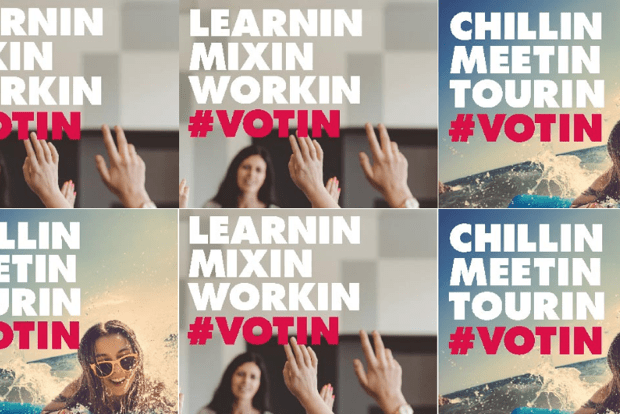The government’s decision to extend the voter registration deadline by 48-hours was undoubtedly aimed at young people. David Cameron recently cited his ‘greatest concern’ to be getting more people, especially the under 30s, to vote. But, even with the extension, the Remain campaign haven’t really done anything meaningful to urge under 30s to turn out.
The extension will inevitably have helped the Remain campaign. But an extension doesn’t make up for the lack of actual engagement with the younger generation – the generation that, statistically, Cameron now realises he needs. Figures suggest that 73 per cent of 18-29s would vote to remain in the EU, compared to 23 per cent who would vote to leave. That is, if they get out to vote. It seems ironic that part of Remain’s rhetoric has been asking voters to think about future generations of young people, without much consideration for today’s generation of young people.
So far, the attempts aimed at getting us to the polls have been far from intelligent. They have assumed all millennials to be uninterested in anything that doesn’t include Tinder, a hashtag or some lame meme. The ‘votin’ video (promoted by Stronger in Britain) became a viral embarrassment. It’s not hard to see why – it was patronising and cringeworthy. More than this, though, the video was uninformative. It claimed that ‘Life’s better in the EU’ without saying why. Both sides should want voters, including young people, to vote in an informed way. This video offered nothing resourceful at all.
Last month I also saw Cameron take to Tinder to persuade young people to vote – another embarrassing attempt to be ‘down with the kids’. I was also unimpressed by The Electoral Commission’s #VoteyMcVoteFace, which asked people to post selfies of themselves using the hashtag when registering in March. Previous elections have highlighted the need to urge young people in particular to vote. And though this may get people talking about it, I don’t think that’s good enough. And neither is a 48-hour extension.
Because if young people were interested in the debate, surely they would have registered before the day of the deadline. Clearly the vast majority of those registering the day of the initial deadline can’t have felt strongly enough to register before. Engagement with young people should have started months ago, rather than by using a 48-hour extension to garner votes. This vote will have the greatest impact on young people in the long-term. So shouldn’t politicians be encouraging us not only to vote but to think carefully about our crosses on the ballot paper?






Comments